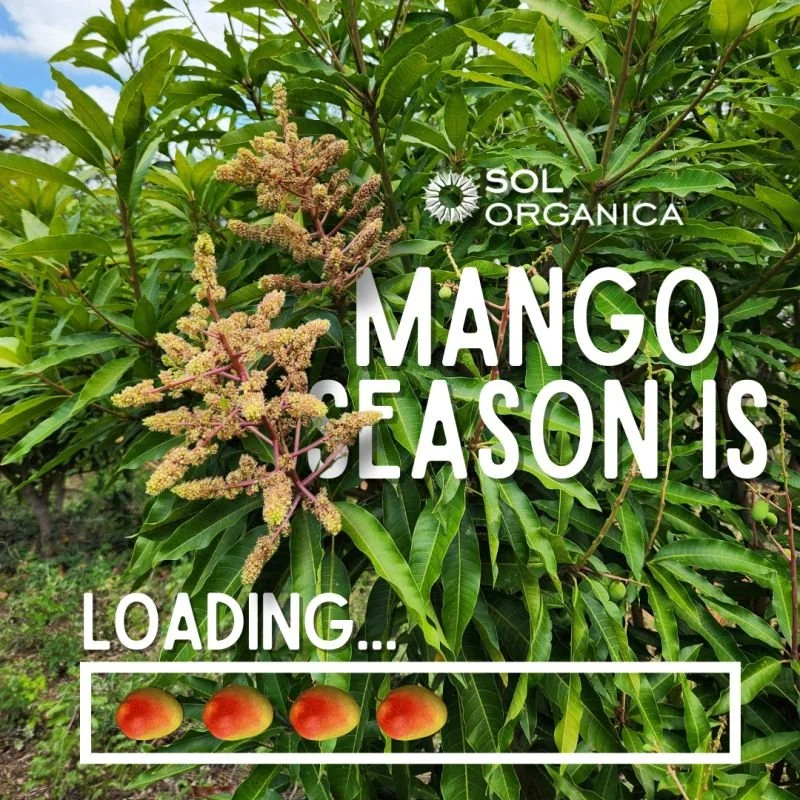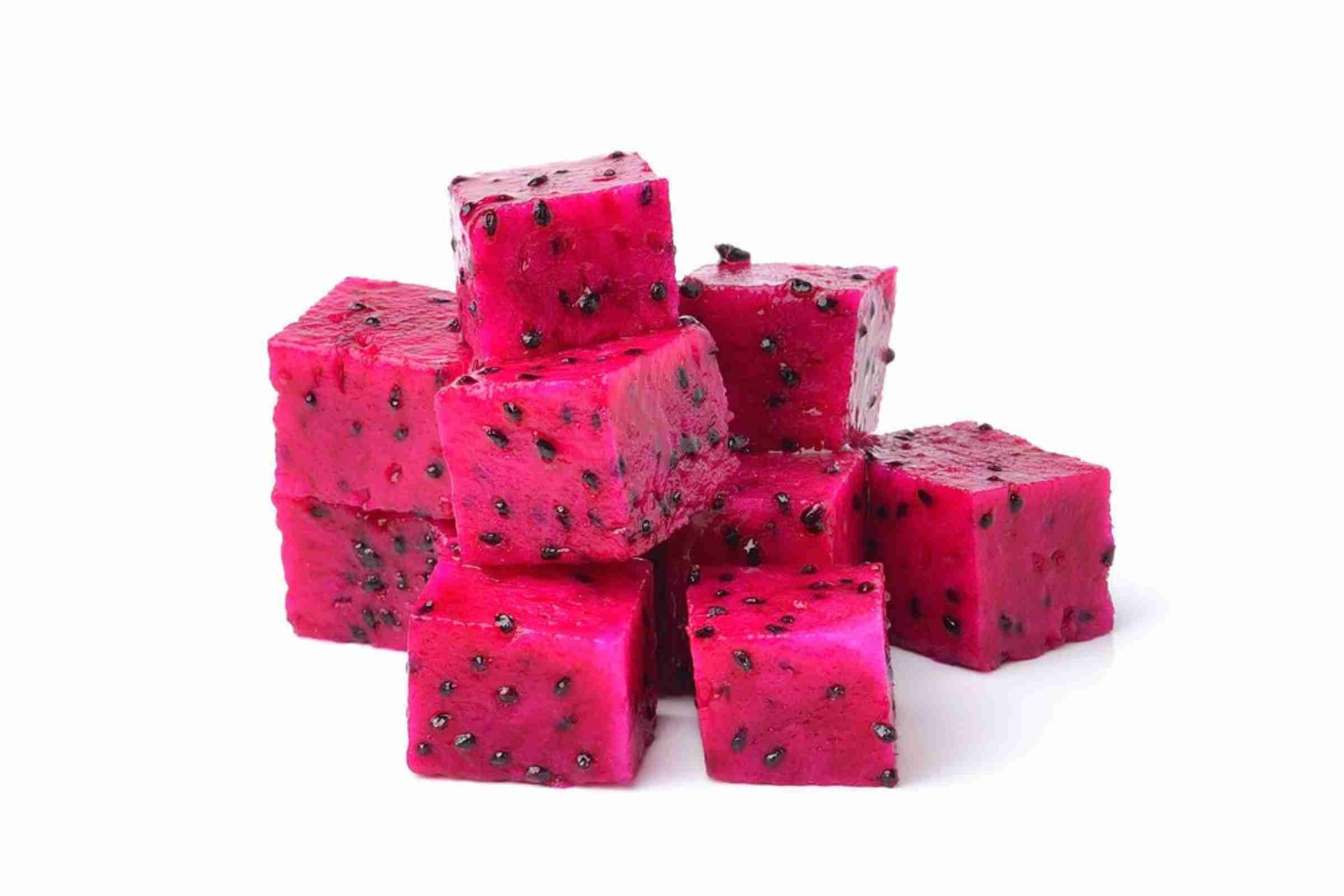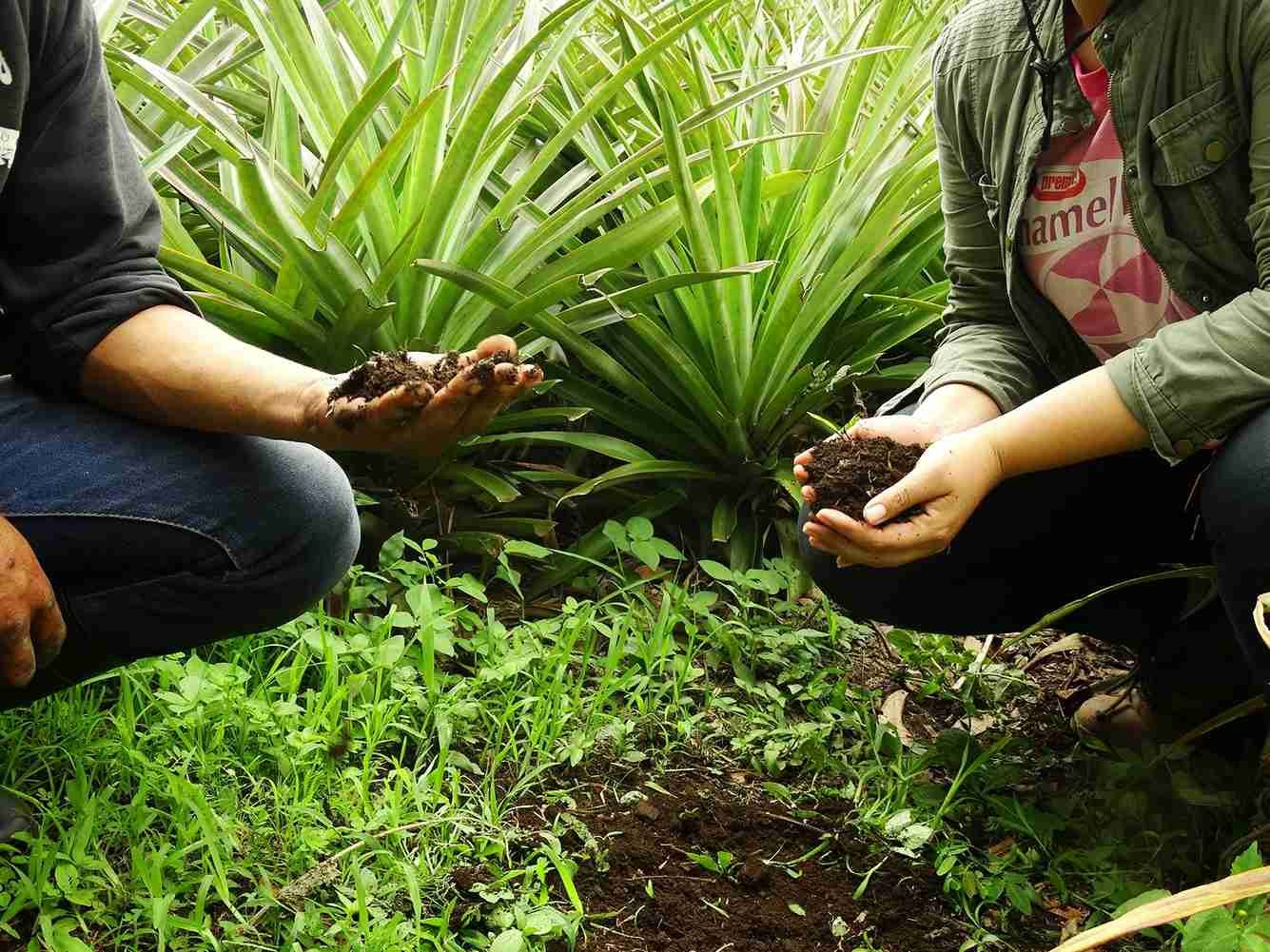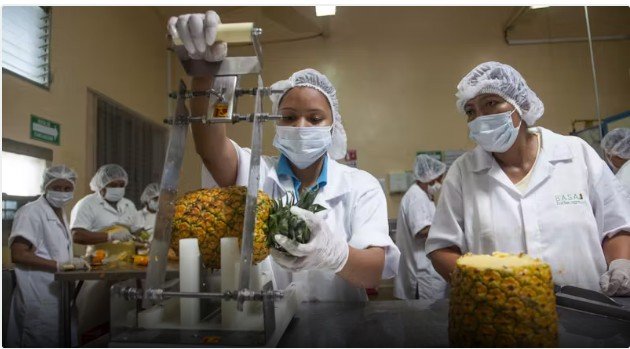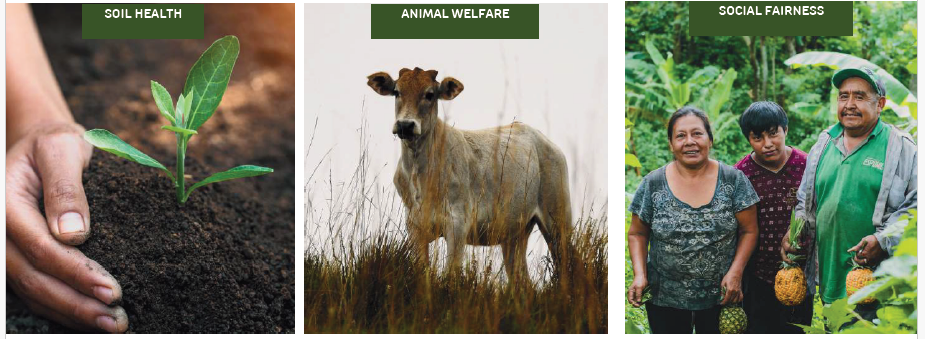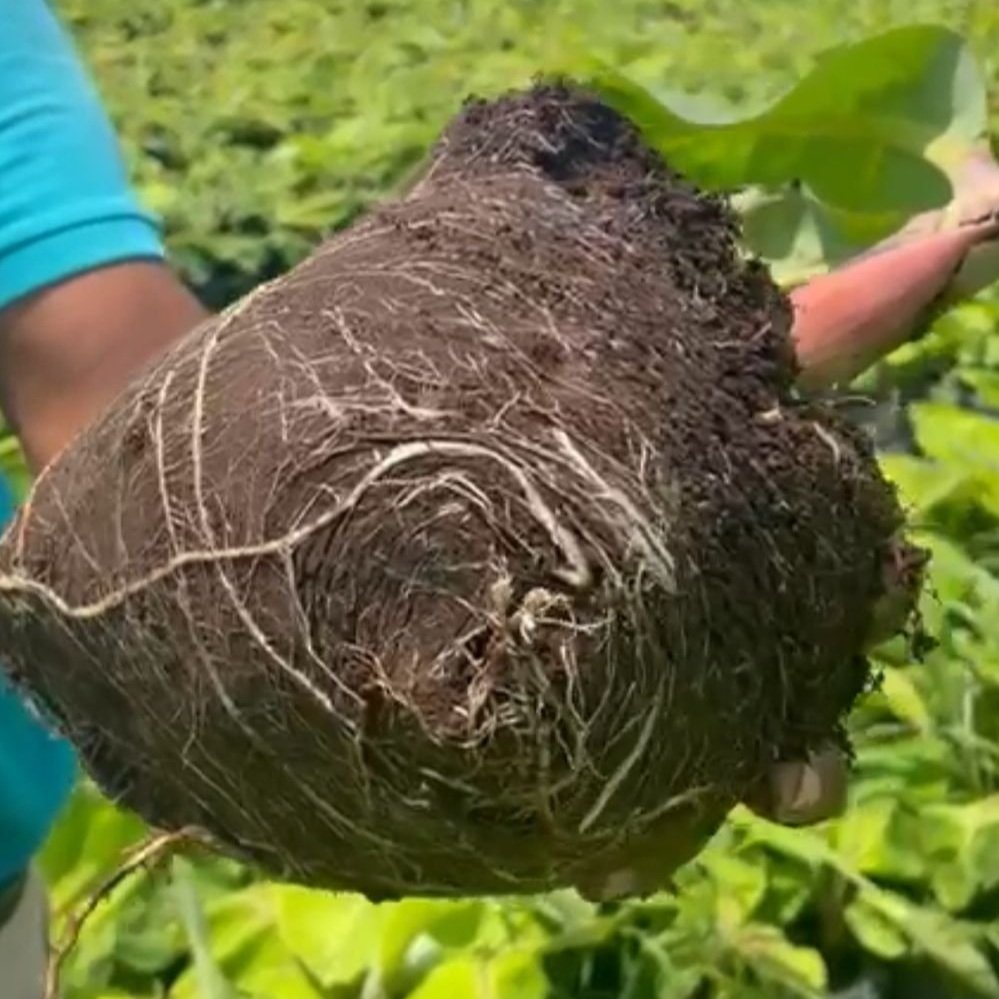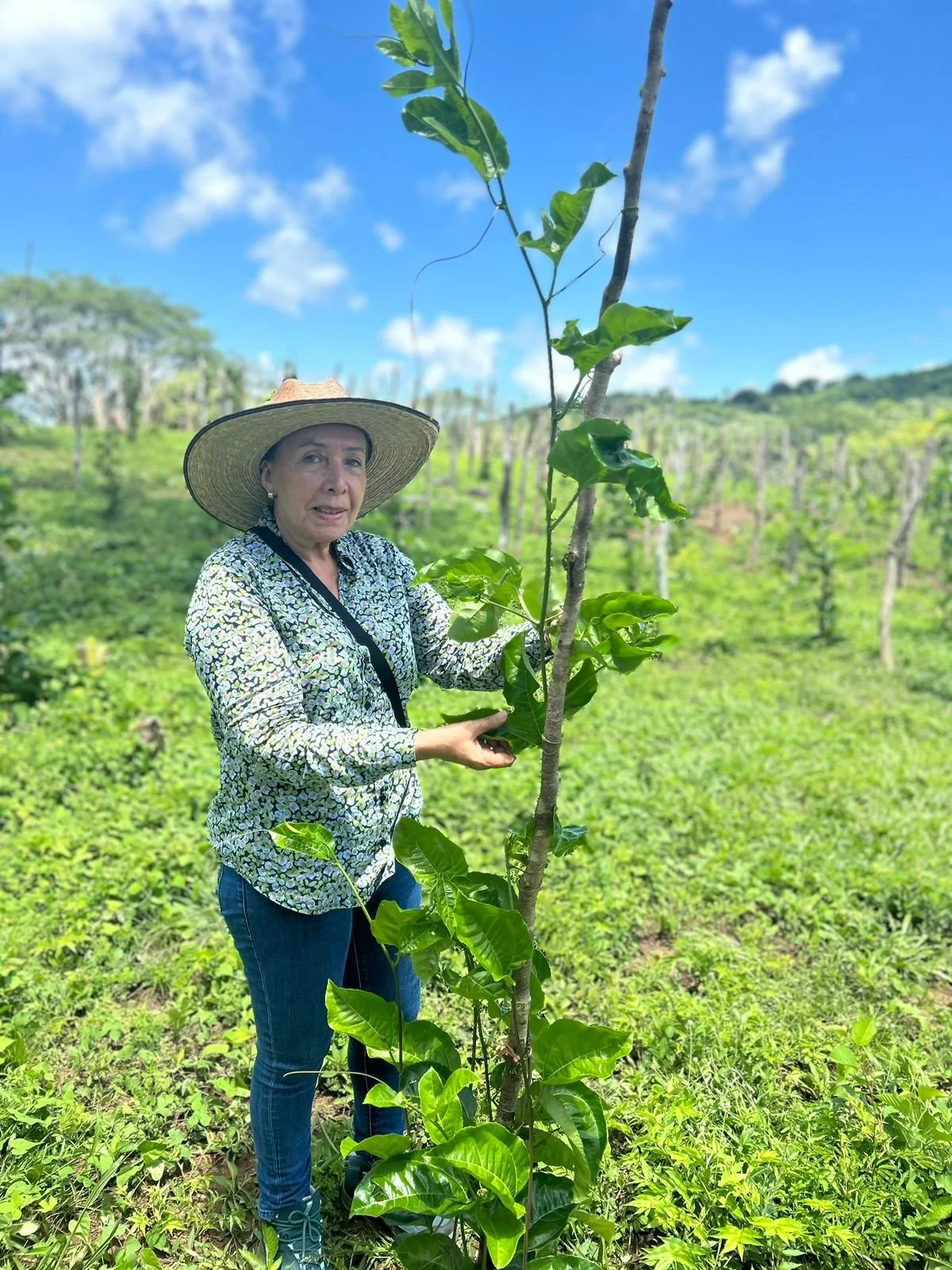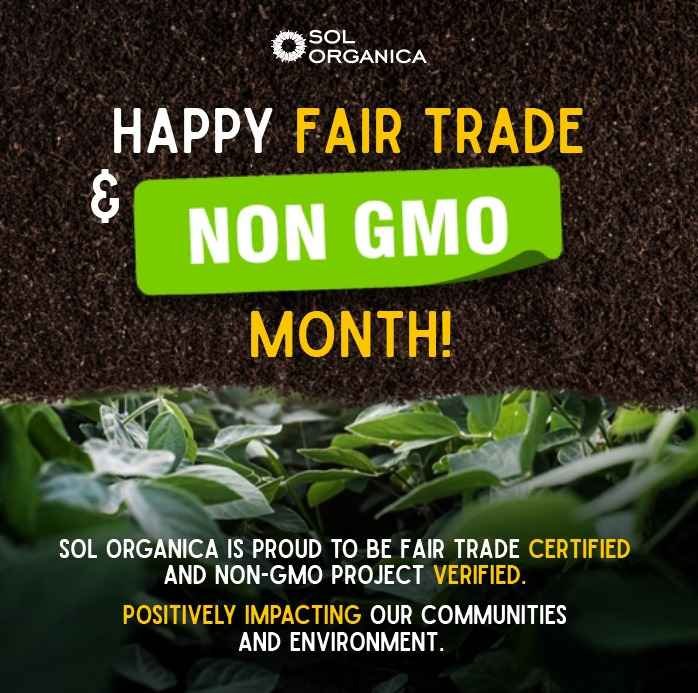In the heart of Nicaragua, where agriculture is the backbone of rural communities, we at Sol Organica are making a profound impact on smallholder farmers. Through our pioneering direct trade model, we are not only providing market access but also uplifting farming communities through training, investment, and sustainable practices.
Historically, smallholder farmers in Nicaragua face a range of challenges that make it difficult for them to thrive and sustain their livelihoods. Despite their crucial role in the country's agricultural sector, producing the majority of food for local consumption, they encounter numerous obstacles that hinder their success.
One of the primary issues is limited access to resources. Smallholders often lack the capital to invest in modern farming techniques or to purchase quality seeds and fertilizers. This results in lower productivity and yields, making it harder for them to compete with larger, industrial-scale farms.
Another significant challenge is climate change. Nicaragua, located in Central America, is particularly vulnerable to extreme weather events such as droughts, floods, and hurricanes. In 2019, Nicaragua was hit by back-to-back hurricanes, part of a historic hurricane season in Central America, further exacerbating the challenges for farmers. These unpredictable conditions not only damage crops but also disrupt planting and harvesting schedules, leading to financial instability for farmers who rely heavily on weather patterns for their livelihoods.
Additionally, smallholder farmers in Nicaragua often struggle with inadequate infrastructure. Poor roads, limited access to markets, and high transportation costs make it difficult for them to sell their produce at competitive prices. Without reliable access to markets, farmers are unable to maximize their income and often face exploitation by middlemen who offer low prices for their goods.
Many smallholders face difficulties in securing land ownership or tenure. With limited access to land titles, they lack security and face the constant risk of displacement, leaving them in a vulnerable position.
Despite these challenges, smallholder farmers in Nicaragua continue to demonstrate resilience and determination. With the right support, such as access to financing, better infrastructure, and climate-resilient agricultural practices, there is potential for these farmers to overcome the struggles they face and play a vital role in ensuring food security for the country.
The Power of Direct Trade
Traditional supply chains often leave small-scale farmers with little negotiating power, forcing them to sell their crops at low prices through intermediaries. We disrupt this system by engaging in direct trade, ensuring that farmers receive fair prices, stable contracts, and the financial tools needed to grow their businesses. In 2023 alone, we sourced directly from 994 farmers, with 85% classified as smallholder farmers managing less than two hectares of land.
Direct trade provides multiple benefits, including:
Stable market access: Our farmers know they have a buyer for their crops, reducing the uncertainty that often plagues agricultural communities.
Higher earnings: Cutting out intermediaries means that more revenue goes directly to the farmers.
Support in financial literacy: We help farmers open bank accounts and process electronic payments, strengthening their ability to secure loans and build financial independence.
Investing in Farmers and Communities
Beyond purchasing crops, we invest heavily in training and resources for farmers. In 2023, we conducted 94 training sessions, educating over 1,300 farmers on organic and regenerative farming techniques. These sessions are led by our dedicated agronomy team, who provide hands-on guidance in areas such as soil health, pest management, crop diversification, and compliance with certifications like Fair Trade USA and Regenerative Organic Certified®. This technical support helps farmers increase yields, reduce input costs, and improve the quality of their produce.
Another crucial initiative is the establishment of collection centers. Poor infrastructure in rural Nicaragua makes transportation a significant challenge. To help address this, we have built 22 strategically located collection centers, reducing travel time and costs for farmers and making it easier for them to bring their produce to market. These centers are equipped with necessary tools such as scales and receipt printers, ensuring transparency and efficiency in transactions.
A Commitment to Sustainable Agriculture
We are at the forefront of sustainable farming, supporting regenerative organic agriculture that improves soil health and promotes biodiversity. As of 2023, 65% of our sourcing hectares were USDA Organic certified, and 15% were Regenerative Organic Certified®. By covering the cost of these certifications and providing technical support, we remove financial barriers that would otherwise prevent smallholder farmers from accessing premium markets.
Furthermore, we have launched initiatives to combat food waste and greenhouse gas emissions. A recent pilot composting project, in partnership with Innocent Drinks, repurposes food scraps from our processing plants into nutrient-rich compost for farms, reducing methane emissions and improving soil fertility.
Driving Social Impact Through Gender Equity
Empowering women in agriculture is another priority for us. While farming in Nicaragua has traditionally been male-dominated, we are working to increase female landownership and leadership roles. In 2023, 27% of the farmers we sourced from were women, and 30% of managerial positions within our company were held by women.
One inspiring story is that of Maria, a single mother who took over her family’s dragon fruit farm. With our training and financial support, she successfully expanded her business, diversified her crops, and ensured a stable income for her family, allowing all four of her children to attend college.
Another success story is that of Julio Baltodano, a dragon fruit farmer who struggled with transportation challenges due to poor infrastructure. Through recurring payments from us, Julio was able to establish creditworthiness and secure a loan for a truck. This not only reduced his own transportation costs but also allowed him to offer transportation services to neighboring farmers, increasing his income and improving market access for his community.
Similarly, Jose Isaias Jorge Carballo, a young farmer who inherited his family’s dragon fruit farm, saw significant improvements in productivity after working with us. By implementing regenerative farming techniques and nutrient plans recommended by our agronomy team, Jose increased his yields from 9,200 kg/ha to 11,400 kg/ha. His farm also benefited from shade tree intercropping, which helped retain moisture and improve soil health.
A Model for the Future
At Sol Organica, we exemplify how business can be a force for good, aligning profit with purpose. By forging direct relationships with farmers, investing in sustainable agriculture, and prioritizing social impact, we are not only transforming Nicaragua's agricultural sector but also setting an example for ethical sourcing worldwide.
As demand for responsibly sourced tropical fruits grows, we are poised to expand our reach, supporting even more farmers in their journey toward economic stability and environmental stewardship. Through direct trade, we are proving that a better food system—one that prioritizes people and the planet—is not only possible but essential.

